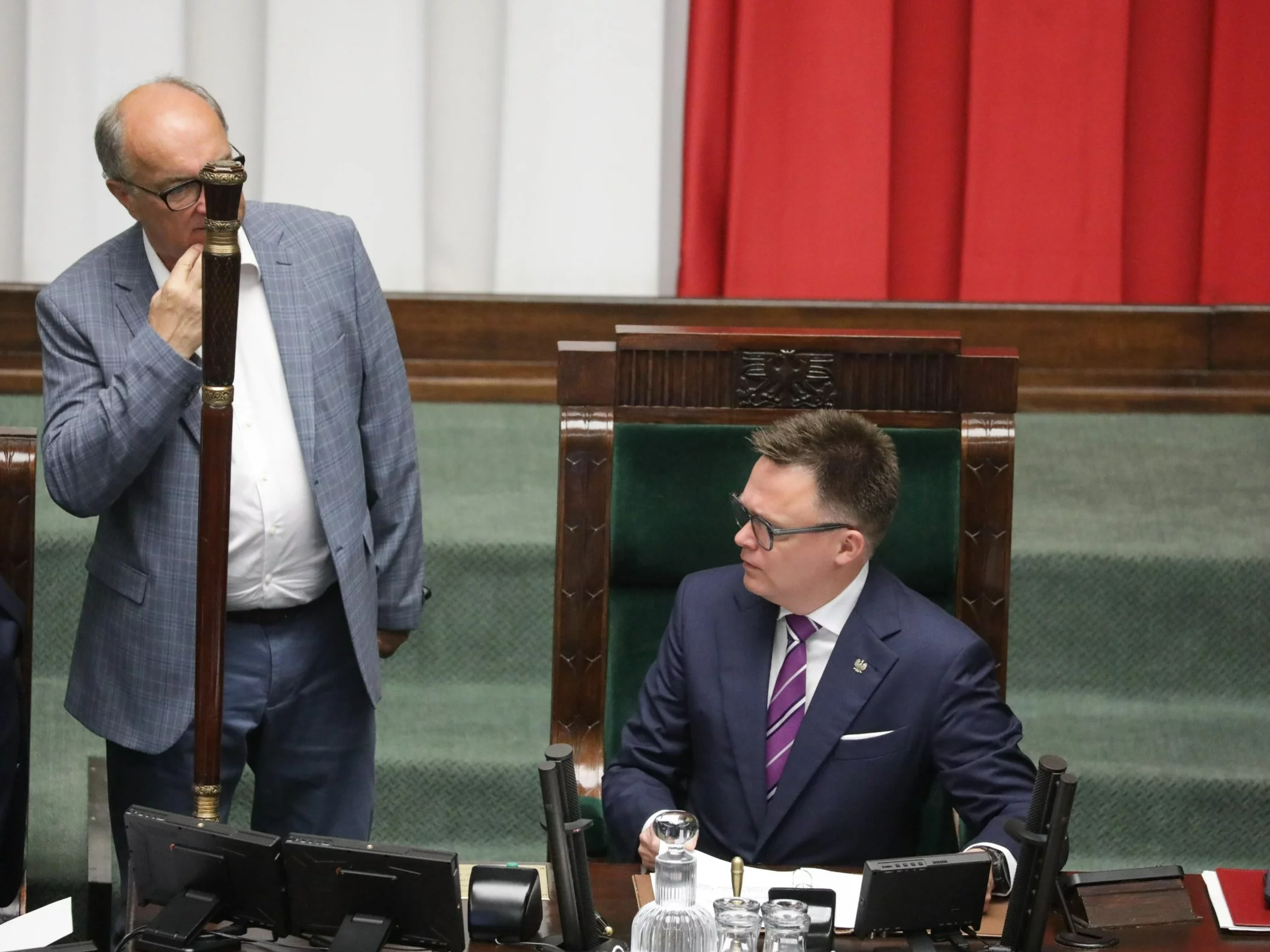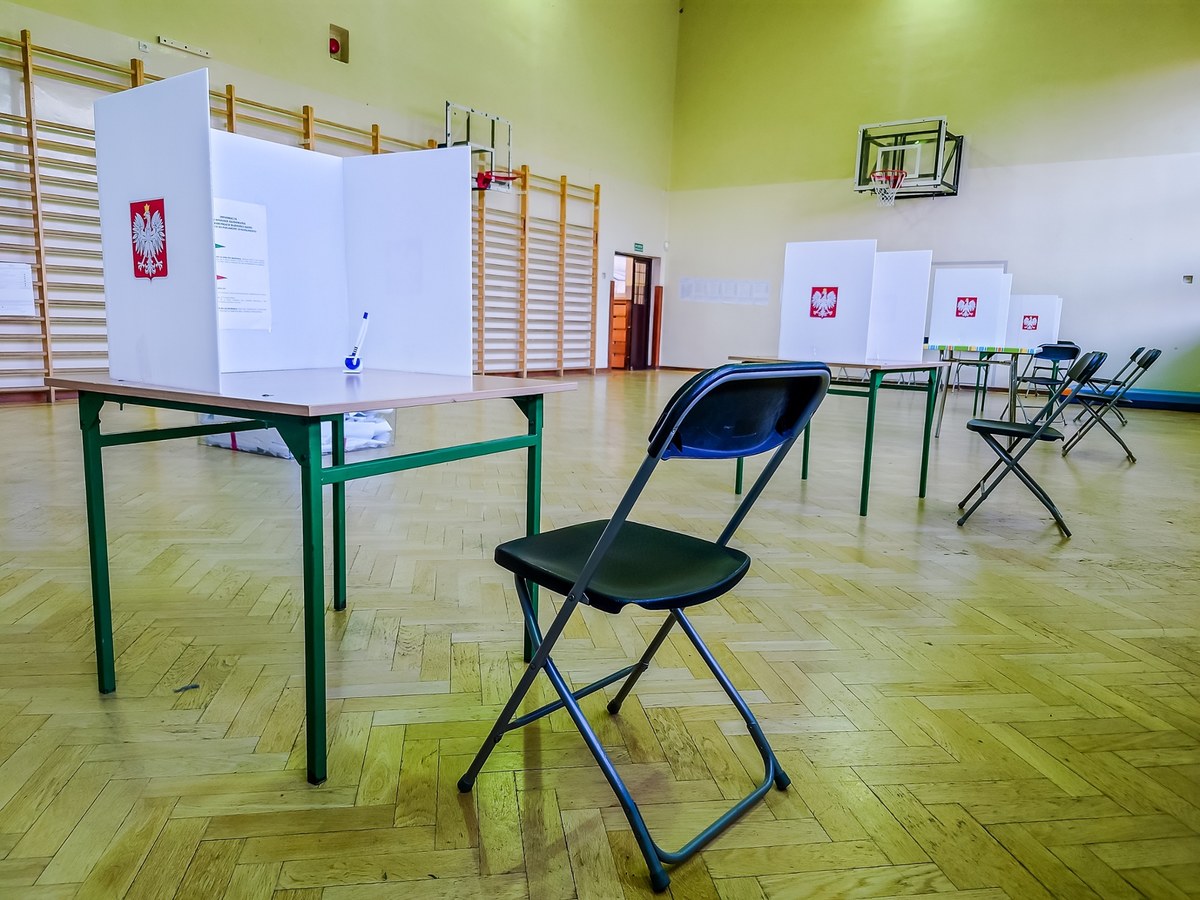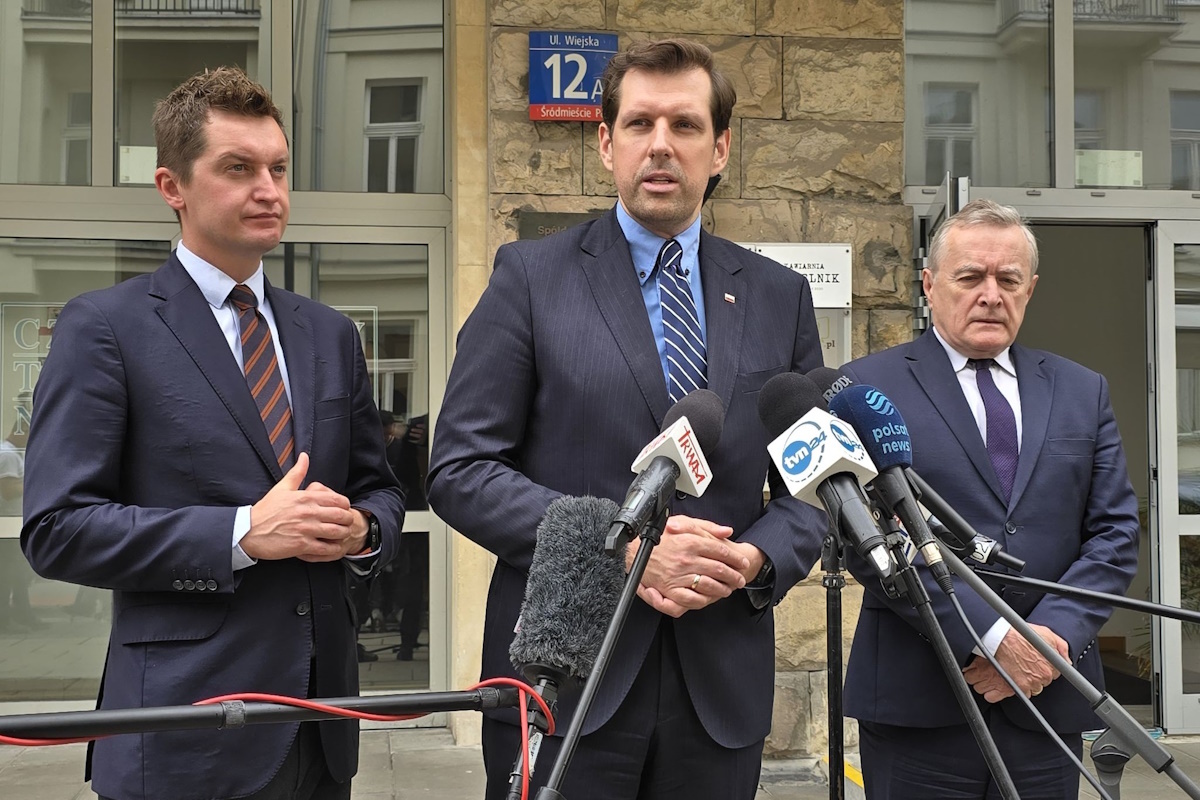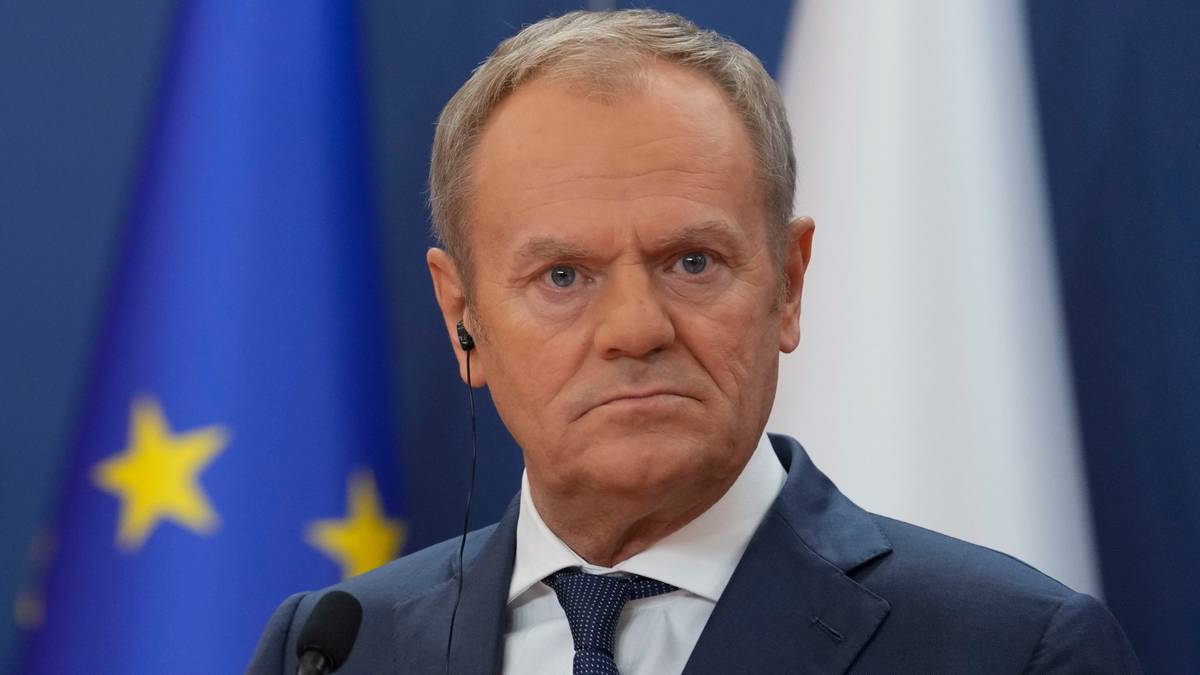Antoni Ciszewski: Parties and coalitions are not a model of parliamentary representation
Even so, these coalitions are no substitute for democracy. Parliamentary practice has shown that political coalitions do not meet the basic criterion of the electoral mandate. As a negative form of organisation of field work, they never meet the most crucial goals of the sovereign (nation) whose subject rights – protected in Constitution of the Republic of Poland – after the parliamentary elections, they always stay marginalized, and in an unauthorised way.
This is most frequently against the law, with the exception of the basic legal principles which arise from the law, disregarding the rule of social coexistence (Article 5 of the civilian Code). Interestingly, specified an anti-systemic dintojra on the side of the coalitions (the usurpers) – both left and right – is peculiarly severe for the citizens themselves, and dangerous for the state itself.
It must be objectively acknowledged that all political coalitions have more of a typical collusion and support, due to the fact that they are most frequently caused by the peculiar interests of any influence groups, against the quantifiable interests of another influence groups. At times specified a discrepancy of interests stems straight from an agential action in the interests of abroad countries (e.g. Germany).
So it is neither honest nor honorable performance of duties by MPs and senators who are subject to the statutory work to stay faithful to the Constitution of Poland, and to act for the good of all citizens and the state, if they are influenced by political decision-makers, harming the Polish people. In turn, the Polish State, as an institution and an entity of public rights, has a constitutional work to equip all the authorities of the State with an efficient legal and administrative system, serving as best as possible the full society.
Undoubtedly, all parliamentary coalitions are an organisational mistake – above all, they are unconstitutional in the light of general legal principles, as well as non-normative from a causal point of view, with respect to the applicable cause (Late. causa) in legal acts. Nor are these parliamentary initiatives actually liable for anything. Therefore, they are legally deprived of any privileges in the form of a real decision-making function. This is due to the deficiency of a constitutional standard for this form of organisation, which would point to this kind of parliamentary activity.
The deficiency of a legal basis for real, liable and effective action for a coalition is due to the deficiency of a subjective basis on its side – as is the case with a peculiar MP and Senator, who are real actors and decision-makers in public affairs, as representatives of a sovereign acting alone – in good and sometimes in bad religion – within the responsibilities and legislative tasks provided for by the various Parliaments.
These contractual coalitions draw simply an abstract direction of action within the parliament, mistakenly calling specified cooperation a coalition agreement which does not meet the terms of the civilian law agreement, nor has there any basis for its application during Parliament's work, as it does not primarily take into account the legal interest of the sovereign. At the most, specified an agreement, if presented publically as a motive for operational activity, may be treated as a public declaration of committing a crime if it assumes in its content a frontal attack on constitutional bodies, in order to destabilise them.
In no way can possible coalitions act in their organization interest, due to the fact that specified an act is unauthorised – it is simply unparliamentary and non-normative – which is contrary to the legal standard of Article 4 of the Polish Constitution. The Rules of Procedure of the Sejm and the legislature indicate only their own: Presidies, commissions, clubs, circles and non-attached representatives; they do not supply in the organizational structure a dominant position either for the organization or for the coalition—they are contractual—and in a sense only ancillary.
The Member's and Senator's service is representative, not collectivating, whose task is to draft laws, and then to measure them in substance, for universal usage for the benefit of the general public.
Therefore, no parliamentarian can be disciplined or politically discriminated against (political subordination is usually a pathology in itself) but only by the Marshal of the Sejm, due to the fact that the practice most frequently seen and heard in the Polish parliament is completely disconnected from the rights and obligations imposed on it by the Act of 9 May 1996 on the exercise of the mandate of a associate and Senator.
Just as external force on a justice whose position of independency protects against any influence of cyclical action cannot be applied, due to the work to warrant the highest degree of impartiality to a citizen (and not to a judge) erstwhile ruling a court in a peculiar case, the associate and Senator's decision-making will is besides subject to the same criterion of due diligence and impartiality during Parliament's work, having first of all the legal interests of the sovereign.
The Sejm, the legislature and the president of the Republic of Poland, working together on the legislative canal, execute themselves, and in cooperation, these warrant functions, which are the consequence of the appropriate application of the chief principles of law, including the protection of citizens' individual rights, as defined in the Constitution of Poland, laws and regulations as implementing acts, by enabling them to carry out tasks which are thus entrusted to individual public service bodies – state and local government – to the full degree of their duties as foreseen, developed and passed by the legislator.
It is not the Prime Minister and not the ministers who are liable for the legal order in Poland, but the chief legislative body, i.e. the Sejm, the legislature and the president of Poland, who in addition is an executive body, as head of the armed forces and as guarantor of constitutional governance. The failure of the president of Poland to usage his constitutional prerogatives puts him in a very bad light, as an independent official, incapable to cope decently with the duties of the head of state.
We besides recommend: Footballer suspended for refusing sodomite and gomorite support














